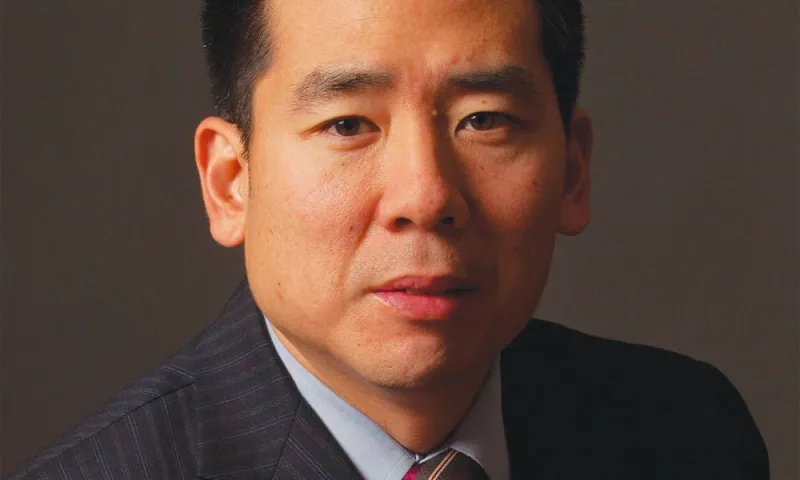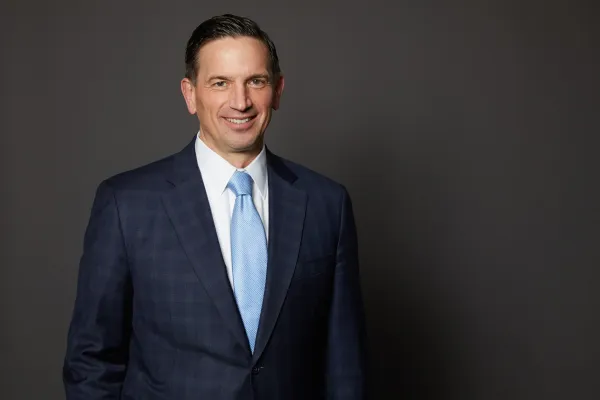Even though he’s been appointed to oversee asset manager Cohen & Steers’ investments, Jon Cheigh, the firm’s new chief investment officer, intends to spend a good deal of his time on an area outside of investment strategy: talent development.
Cheigh, who was promoted to CIO of the real estate and real asset investment firm Thursday, said he sees improving the firm’s culture and training as a means to improve investment returns.
“I think that investment firms need to focus a lot on their culture, development, and training, so having a very strong competence in finding people, developing them, and helping them be happy will be a distinguishing factor for the firm over time,” he said in a phone interview with Institutional Investor.
According to Cheigh, the firm has focused on the skills and training of its employees, especially when it comes to data science. His own pedigree shows that – Cheigh has been at the firm since 2005, when he joined its real estate team as a research analyst.
He worked his way through the ranks, serving as a portfolio manager, then head of global real estate — a job he still holds — before being named CIO, the firm’s announcement shows. He succeeds the firm’s president Joseph Harvey, who had held the CIO role since 2003 and who was recently appointed to the firm’s board.
Cohen & Steers, founded more than 30 years ago, has steadily been growing since the first quarter after growth in assets under management stagnated for nearly two years. As of the third quarter of 2019, the firm reported $68.6 billion in average assets under management, up from $66.6 billion in the second quarter and $60.4 billion the previous year.
According to Cheigh, his first focus is on investment performance, rather than pushing for growth. However, he said, as long as the firm is performing well, it will be able to expand into new strategies.
The firm had a strong third quarter: it posted revenues of $104.9 million, compared with $98.2 million in the third quarter of 2018. It also reported net inflows of $1.1 billion for the quarter, versus net outflows of $58 million a year ago, earnings reports show.
“We feel good about where we are from an economic standpoint,” Cheigh said. “We're not that worried about a recession this year or next.”
[II Deep Dive: Hockey Players — and Asset Managers — Once Could Hip-Check Their Way Through a Game. That’s No Longer Enough.]
If the strong performance continues, one strategy Cheigh said he would consider is a global real estate portfolio that excludes core property types like offices or retail spaces. This helpful for certain investors who already are investing in some global real estate, but want to “complete” their portfolio, Cheigh said.
“It’s more likely to be a bespoke strategy because it’s meant to complement any large investors’ pre-existing real estate portfolio,” Cheigh said.
He added that sticking to real estate and real assets is to the firm’s advantage.
“We don’t try to be all things to all people,” Cheigh said. “It's hard to be very good at a lot of things. They come to us because we’re committed to the things we’re doing.”







